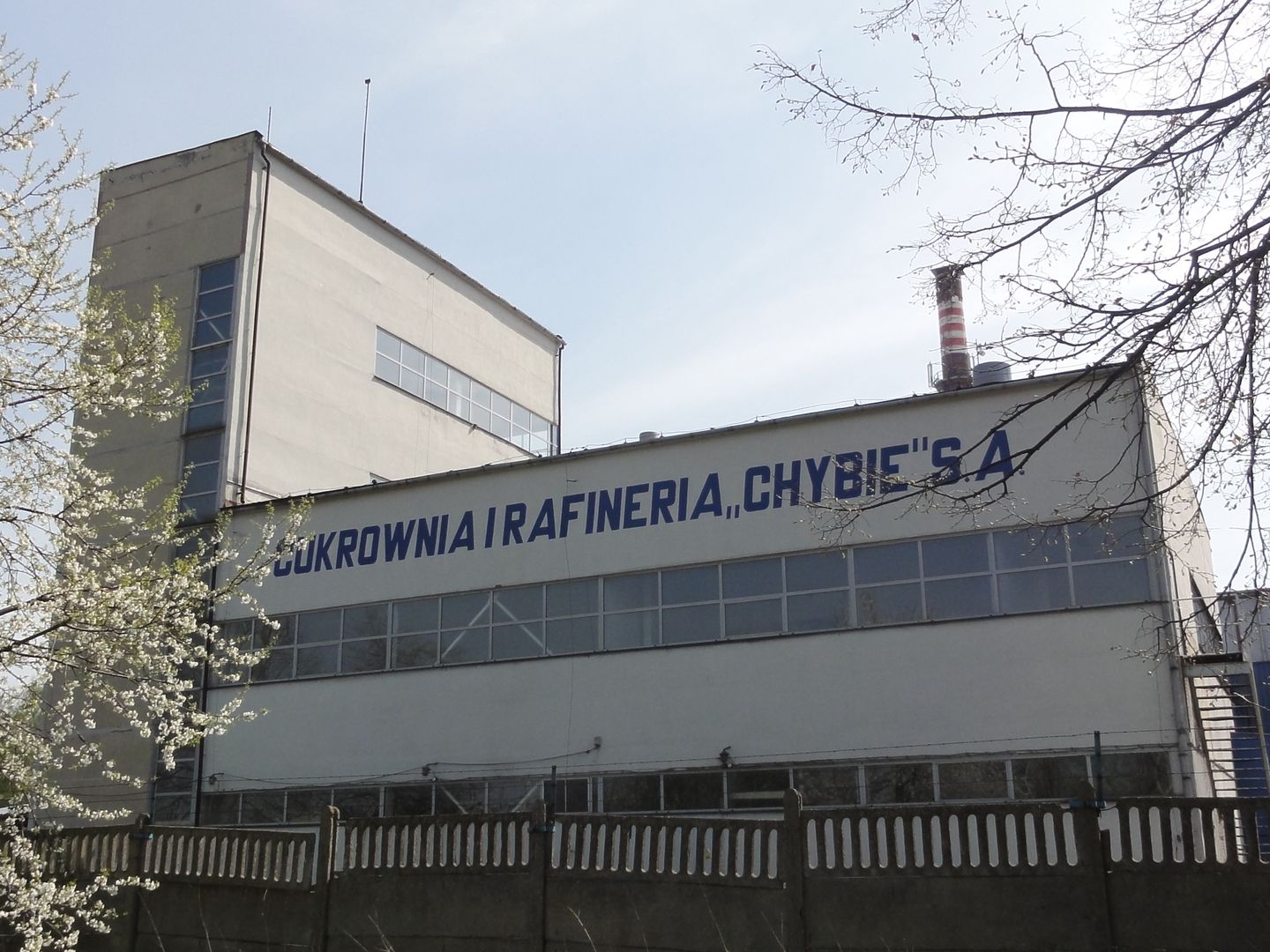Chybie
6.47

Overview
Chybie is a village located in the Silesian Voivodeship, in Cieszyn County, with a rich history dating back to at least 1568. The first records mention the sale of a meadow by Cieszyn Duke Wacław III Adam. The name "Zeleny Chyb" refers to a dense, green forest. In the 19th century, Chybie developed intensively, and its landscape was transformed by the drying up of ponds and an increase in the number of houses. In the second half of the 19th century, the Nowy Staw district was established. Before 1910, the population grew significantly, dominated by Catholics and Poles, which contributed to cultural diversity. In the 19th century, the municipality changed its coat of arms, from a female figure to a peasant with a scythe. In the second half of the century, due to the development of the sugar industry, Chybie became an important production hub, which also had political significance, with the Union of Silesian Catholics dominating. In regional elections at the beginning of the 20th century, candidates signaling strong support for the Polish community won. After World War I, Chybie found itself within the borders of Poland, changing its administrative location. After World War II, local authorities were dominated by communists, resulting in the ban on sports and cultural organizations. The village is located in the Upper Vistula Valley, covering an area of 1122 hectares, with a population of about 3900 inhabitants. In Chybie, there is the Rotuz nature reserve and an avenue of oaks recognized as natural monuments. An interesting fact is the activity of the Polish Gymnastic Society "Sokół", established in 1922, which promoted a healthy lifestyle. Among the famous people born in Chybie are historian Bronisław Turoń, actor Henryk Machalica, and director Franciszek Dzida.
Location
2026 Wizytor | All Rights Reserved